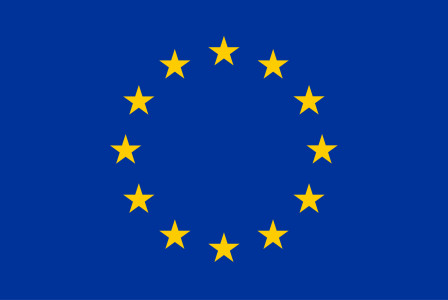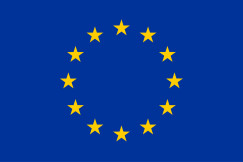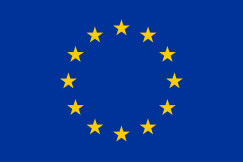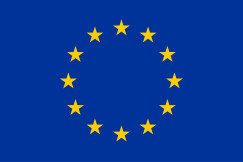Legislation
28 March 2025
Protection against subsidised imports
Legislation
28 March 2025
1. Healthy, balanced and sustainable diets for all European consumers
2. Prevention and reduction of food loss and waste
3. A climate - neutral food chain in Europe by 2050
+4 more
Login / create an account to be able to react
-
15

Unfair subsidies can distort the EU market, create unfair competition and therefore damage European industry. The EU can impose duties to counteract a subsidy, but only if it is limited to a specific firm, industry, or group of firms or industries. Regulation (EU) 2016/1037 sets out the EU’s trade defence rules to protect against subsidised imports from countries not members of the European Union.
Editorial team
European Commission - DG TRADE
Topics
EU-27
EU Institutions
-
CoC aspirational objectives
-
-
1. Healthy, balanced and sustainable diets for all European consumers
-
2. Prevention and reduction of food loss and waste
-
3. A climate - neutral food chain in Europe by 2050
-
4. An optimised circular and resource-efficient food chain in Europe
-
5. Sustained, inclusive and sustainable economic growth, employment and decent work for all
-
6. Sustainable value creation in the European food supply chain through partnership
-
7. Sustainable sourcing in food supply chains
-
Share
A subsidy is a financial contribution made by (or on behalf of) a government or a public body that gives the recipient a benefit.
Some subsidies are used to pursue domestic or social policies, for example supporting industries that help create new jobs. However, unfair subsidies can distort the EU market, create unfair competition and therefore damage European industry.
The EU can impose duties to counteract a subsidy, but only if it is limited to a specific firm, industry, or group of firms or industries. Export subsidies, and subsidies based on using domestic goods over imported ones, are specific.
When an EU industry thinks that imports of a product from a non-EU country are subsidised and injuring the EU industry producing the same product, it can lodge a complaint with the Commission.
If the complaint shows evidence of subsidy and injury, the Commission must open an anti-subsidy investigation.
The investigation checks if:
1. the imports benefit from countervailable subsidies, including those identified in the complaint or discovered in the course of the investigation;
2. the EU industry suffers material injury;
3. there is a causal link between the injury and the subsidised imports, and;
4. putting measures in place is in the European interest.
- Details of the anti-subsidy investigation procedure
- Flowchart of the anti-subsidy investigation process
Countervailing measures counteract the effects of subsidised imports on the EU market and restore fair competition. The measures can be:
- adding a percentage of the price to the goods;
- a fixed amount per unit;
- applying a minimum import price, or;
- a 'price undertaking', where the exporter commits to sell the product under investigation above a minimum price. In return, the Commission doesn't impose a duty.
The Commission monitors import volumes and prices of all products subject to measures, to make sure the countervailing measures are working. It does so in close cooperation with:
- the customs authorities of EU countries;
- the Commission tax and customs department;
- the European fraud prevention agency (OLAF).
The exporting country may also agree to remove or limit the unfair subsidy.
Further information:
Related regulations:
Regulation (EU) 2016/1037 on protection against subsidised imports from countries not members of the European Union.
Regulation (EU) 2016/1036 on protection against dumped imports from countries not members of the European Union.
Comments (0)
See also
De Minimis Regulation
- Categories
- 2. Prevention and reduction of food loss and waste 3. A climate - neutral food chain in Europe by 2050 4. An optimised circular and resource-efficient food chain in Europe +3 more
Barriers to trade
- Categories
- 2. Prevention and reduction of food loss and waste 3. A climate - neutral food chain in Europe by 2050 4. An optimised circular and resource-efficient food chain in Europe +3 more
Regulation on Renewable Energy Financing mechanism
- Categories
- 2. Prevention and reduction of food loss and waste 3. A climate - neutral food chain in Europe by 2050 4. An optimised circular and resource-efficient food chain in Europe +3 more




